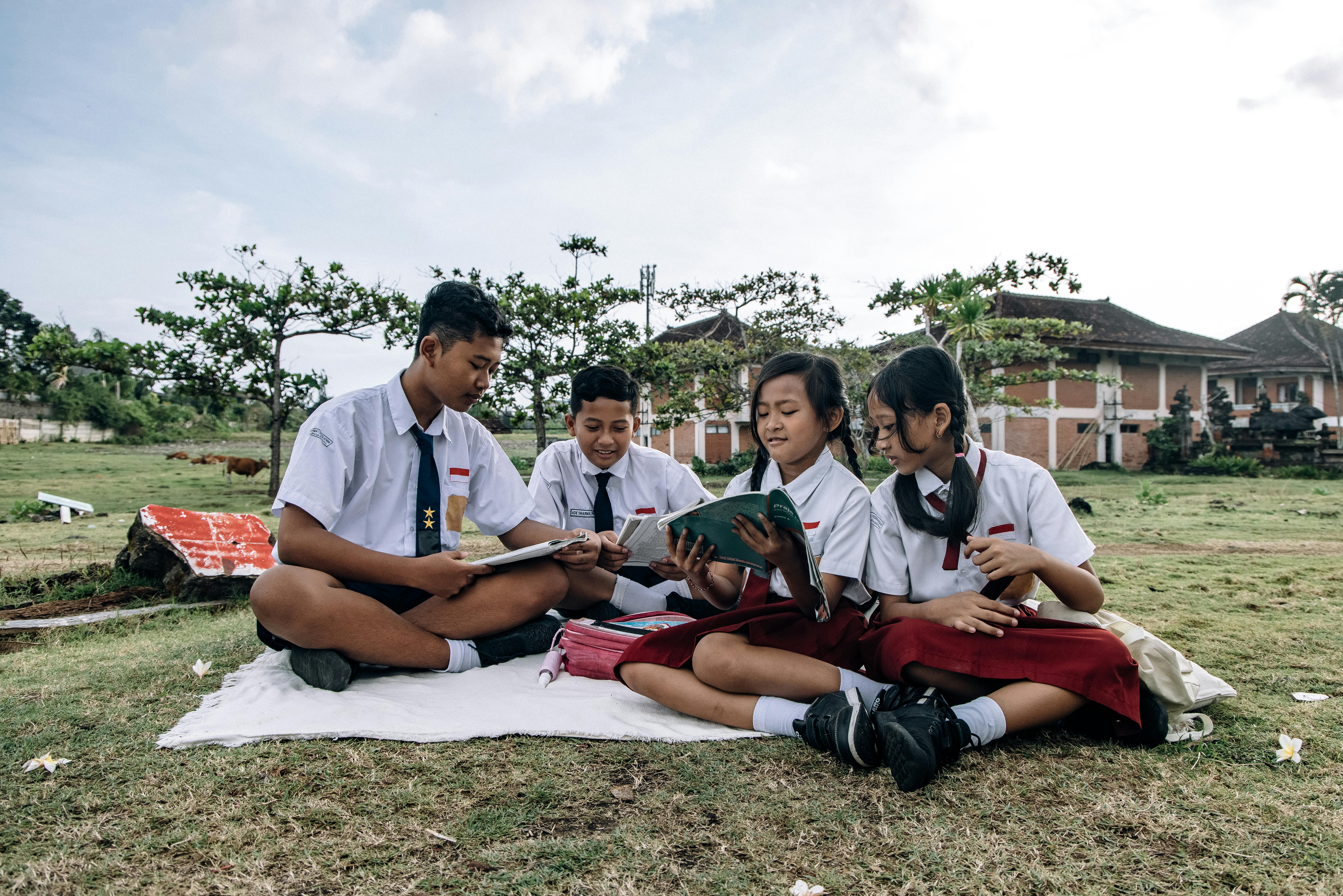Physical Address
304 North Cardinal St.
Dorchester Center, MA 02124
Physical Address
304 North Cardinal St.
Dorchester Center, MA 02124

The poor performance of Filipino students in the Program for International Student Assessment (PISA) has sparked widespread concern and numerous suggestions for reforming the country’s education system. In the 2022 PISA, the Philippines ranked in the bottom 10 out of 81 participating countries in critical areas like reading comprehension, mathematics, and science. Disturbingly, the nation also placed second to last in creative thinking. These alarming results underscore the urgent need to strengthen initiatives like the ‘Tara, Basa!’ reading literacy program, which plays a pivotal role in addressing the reading literacy crisis among young learners in the Philippines.
According to the Department of Education (DepEd), approximately 27 percent of elementary learners in the Philippines face significant challenges with reading. This statistic alone highlights the importance of programs specifically designed to enhance reading literacy in the Philippines. On July 31, without much fanfare, the ‘Tara, Basa!’ program concluded another 20-day tutoring session. In this phase, 1,625 college students from state and local universities across the Visayas and Mindanao regions provided reading tutoring to elementary students who are lagging behind in their reading skills. This includes children who have not yet started reading.
Launched last year, the ‘Tara, Basa!’ reading literacy program is a collaborative effort between the Department of Social Welfare and Development (DSWD) and DepEd. It aims not only to improve the reading capabilities of young students but also to provide financial assistance to college students from low-income families. Initially rolled out in the National Capital Region (NCR), the program has since expanded to provinces in Luzon and, more recently, to schools in the Visayas and Mindanao.
The program operates with a dual focus. It targets college students who serve as tutors and youth development workers (YDWs) and elementary students who struggle with reading, math, or science. The tutors provide direct instruction to the young learners, while the YDWs conduct “Nanay-Tatay” teacher sessions. These sessions are designed for the parents and guardians of the grade school program beneficiaries, orienting them on how to assist their children with their homework and support their overall learning experience.
Participants in the ‘Tara, Basa!’ program, including tutors and YDWs, receive compensation through the DSWD’s cash-for-work program. Additionally, parents and guardians who attend the sessions are provided with a cash allowance, which serves as an incentive for their involvement in their children’s education. This comprehensive approach ensures that all stakeholders—students, parents, and tutors—are engaged and motivated to participate in the program.
The DSWD has taken significant steps to ensure the effectiveness of the program by training approximately 3,800 tutors and YDWs. This training equips them with the skills necessary to demonstrate effective teaching techniques to both struggling and non-reading elementary learners and their parents. The success of these sessions is crucial to achieving the program’s goal of improving reading literacy in the Philippines.
In addition to the ‘Tara, Basa!’ reading literacy program, DepEd has implemented several other initiatives to promote literacy among young learners. DepEd Secretary Sonny Angara recently announced that schools are incorporating additional reading periods into the daily curriculum. These 30-minute reading sessions are strategically placed between classes to strengthen students’ foundations in literacy and numeracy.
Another notable initiative is ‘Catch-Up Fridays,’ which aims to reinforce foundational, social, and other relevant skills necessary to support the basic education curriculum. There’s also the ‘Drop Everything and Read’ (DEAR) program, where students read their favorite stories to the class, and the ‘Big Brother/Big Sister’ or ‘Kaklase Ko, Sagot Ko’ initiative, where older students or independent readers mentor pupils at the non-reading level.
The programs initiated by DSWD and DepEd, including ‘Tara, Basa!,’ are commendable. They reflect a genuine commitment to serving the needs of students who are falling behind, particularly in reading. However, for these efforts to have a lasting impact, it is imperative to expand the ‘Tara, Basa!’ reading literacy program and similar initiatives nationwide.
Developing a strong reading culture among young Filipinos is essential. Reading not only builds critical thinking skills but also equips individuals with the tools they need to navigate life’s challenges. There is always an opportunity for individuals, social groups, and corporations to contribute to the cause of improving reading literacy in the Philippines.
For the nation’s young learners to level up and compete with their Asian and global counterparts, programs like ‘Tara, Basa!’ must be scaled up and conducted with vigor across the country. Only through sustained, nationwide efforts can we hope to see a significant improvement in reading literacy among Filipino students.